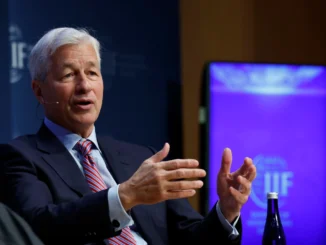By Eric Peters, CIO of One River Asset Management
“We’ve announced we will be out by the end of this week. My message to the pension funds is you’ve got three days left,” said Bank of England governor Andrew Bailey, explaining his intention to end support for the price of Britain’s government bonds. Prices fell and investors raced to hit the central bank’s bid before it disappeared.
What made Bailey’s statement of great significance, is that for over a decade, each successive central bank and government intervention seemed to never end. And even when a program did wind down, its sequel was waiting anxiously in the wings. But here was Bailey, ending a program that had only just started on September 28th, following the catastrophic mini budget. To halt the ensuing bond crash, Bailey had pledged to buy UK government debt “on whatever scale is necessary.”
Naturally, limited intervention is the only path a prudent government should take. And had policy makers restrained themselves during these past fifteen years, we would not have hyper-financialized our economies, and would thus be unlikely to find ourselves in today’s predicament. This trap of our own creation requires central banks to tighten policy hard enough to restrain inflation, which in turn creates a level of financial instability that requires central banks to ease policy.
The UK is a rather poorly run nation, so it is unsurprising that the architecture of this circular trap should first be revealed there. But after decades of growing monetary policy homogeneity across the developed world, what we are seeing now in the UK will manifest broadly before this cycle is over.
Bailey correctly realized that he cannot credibly tighten and ease policy simultaneously. But what he does not yet appreciate is that we have entered the stage in this cycle where policy makers may feel they have control, but they are nevertheless no longer in control.



